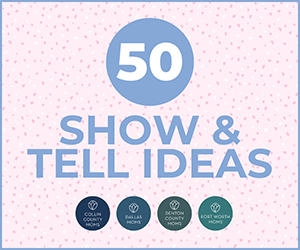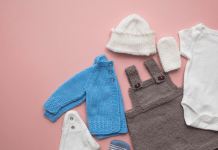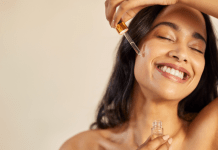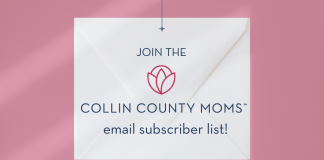I had horrible acne growing up between the ages of 12-20. While it was rough, I could always fall back on caking on makeup to cover up my skin. When I was 20 years old, I went on Accutane. Accutane is a very powerful drug that can clear up your acne within 4-5 months, but there can be some intense side effects.
You would think after dealing with acne as long as I did, that I would care for my skin more than I did in my twenties and even the start of my thirties, but I did not for one reason or another. I would rather just spend $5 on whatever is on sale at the drug store or Target/Walmart.
That is until I found Ashley Nordman on Instagram. I had followed her years and years ago when she was a bodybuilder, and when I created a new Instagram after a long break, she opened my eyes to what I was missing when it came to putting a focus on my skincare routine.
Ashley is a farmer’s daughter, an ex-bodybuilder, a health coach, and a marketing specialist.
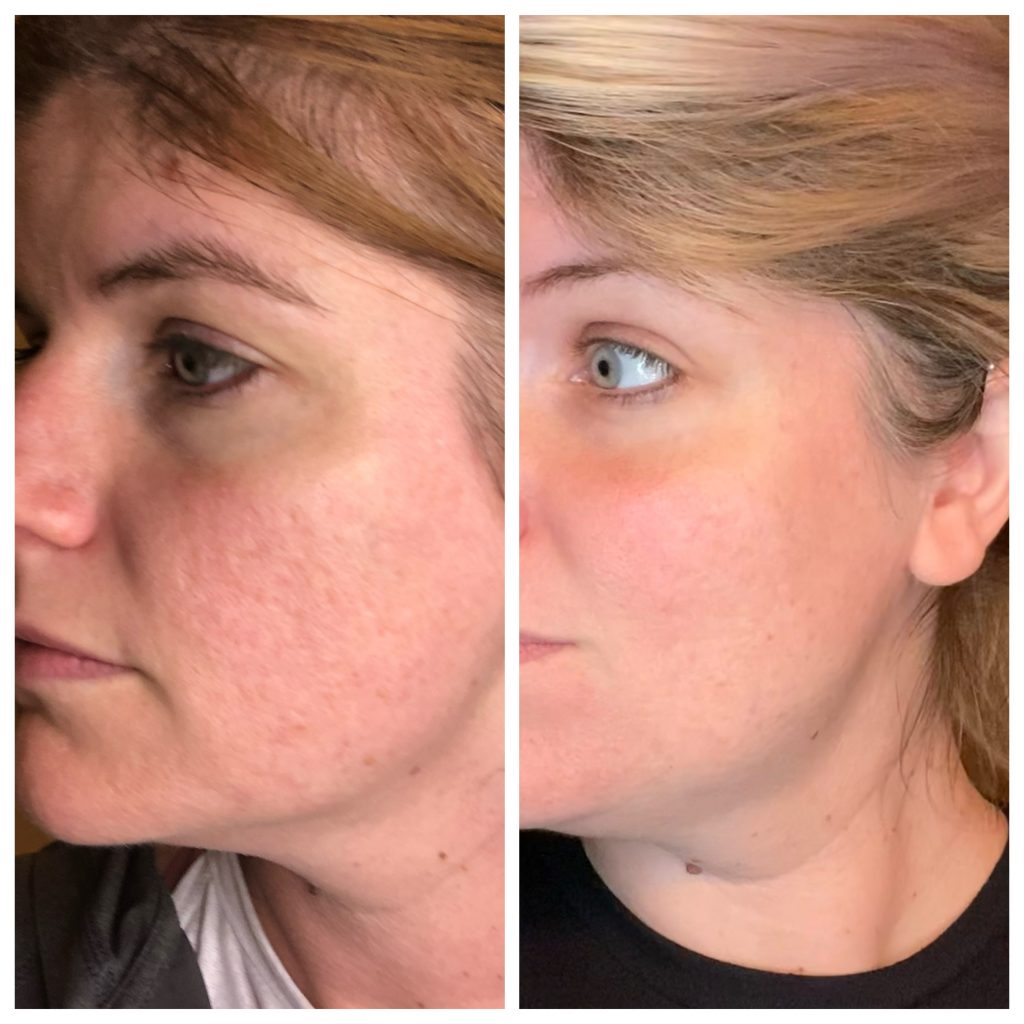
She has since found her passion and calling as an esthetician, and I and her 209,000 Instagram followers love her for it. She doesn’t force herself on us. She educates us, and that is what I love!
January 2020 is when I actually started a skincare routine. Beyond “St. Ives and call it a night!” I started slow, per the recommendation of Ashley. I started using a cleanser, toner, moisturizer, and SPF.
Then in April I signed up for a free consultation with her, and that’s when I added in some of the medical-grade skincare pads that she created. And y’all, my skin is sooooooo thankful for finding her. There is a night and day difference in my skin, and I could not be more grateful for her sharing what she loves, as my skin not only looks much better, but I am so much more confident!
Read Now: 3 Things to do now for Younger, Healthier Skin
That is why I wanted to team up with her to do a Q&A. If you are anything like I was last year, you are just getting by. Without further ado…let’s get to it!
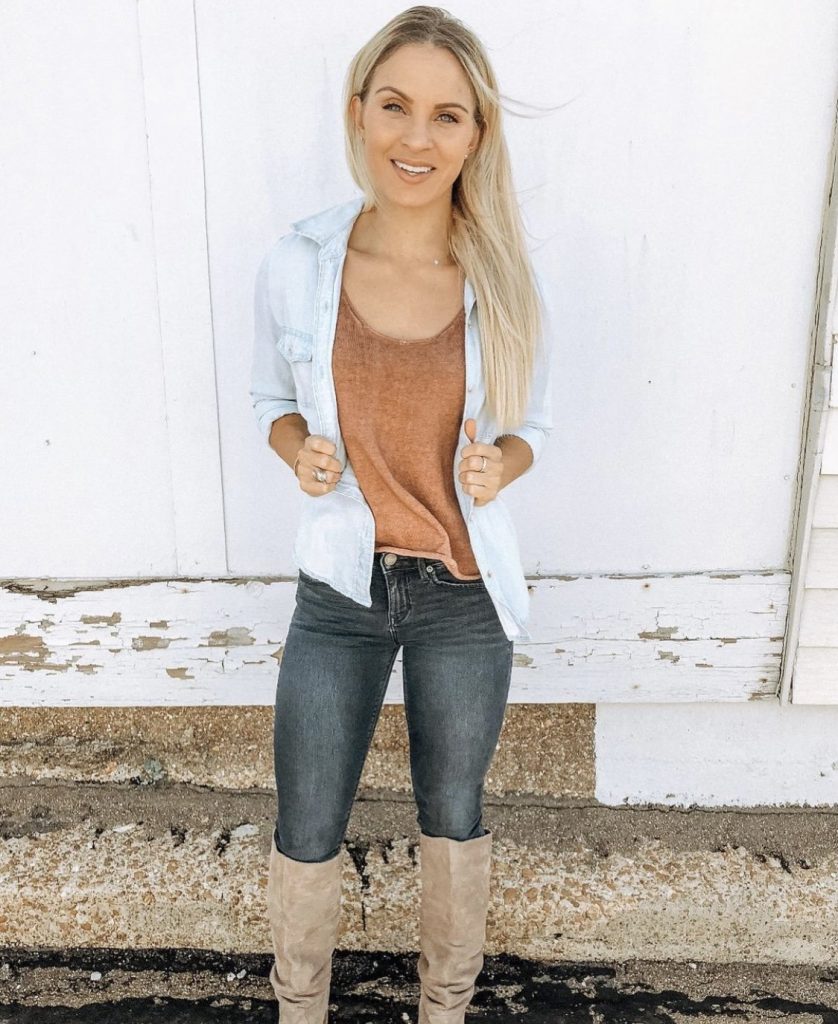
Ashley, first off, thanks for sharing your knowledge. Let’s start easy. What made you interested in becoming an esthetician?
Thank you so much for this opportunity, Kara! I actually became interested in this field because of my own struggles with my skin. I have dealt with acne on and off since I was 12 years old, but it had improved a bit in my twenties. However, when I decided to go off birth control when I was 26, it came back full force, and it became even worse than it was in my teenage years!
This sent me into a negative spiral and it completely stole my confidence. So I began researching and asking for help, and eventually I turned to an esthetician who helped me drastically with my skin! The changes I noticed completely turned around my confidence and helped my skin become more clear, and from that moment on, I was hooked. I’ve always been self-conscious about my skin, but for once in my life, I felt like I was regaining control!
Can you explain the different types of skincare available?
When it comes to skincare, there are three main different categories of products.
- The first is OTC skincare products, which are products that you can buy ‘over the counter’ at a drugstore (like Walgreens) or even at a place like Ulta. Brands that come to mind include Cetaphil, Olay, and Neutrogena.
- Then there are prescription skincare products such as creams and ointments that you can only get from a doctor or a dermatologist. These are things such as antibiotic creams, hydroquinone, and some retinol formulations.
- Lastly, there are medical-grade skincare products, which are products that can only be sold by medical professionals and estheticians. A few lines that I think of when I hear “medical grade” include my line, A|N Skin & Beauty, Epionce, Alastin, Skinceuticals, and SkinMedica, just to name a few.
So what’s the big difference between over-the-counter and medical- grade skincare products?
Over-the-Counter Skincare
- These skincare products do not have oversight by the FDA, which means that thorough product and ingredient testing is NOT required.
- They do not have to be tested, often contain many filler ingredients to keep costs low, can be comprised of lower strengths/percentages of active ingredients, and are formulated for the general population, so that everyone (no matter what your skin type) can use them. This is done purposely, as OTC brands cannot risk being held liable for selling products that penetrate deep into the epidermis (top layer of skin) and potentially cause reactions due to strong and effective concentrations.
Medical-Grade Products
Manufactured Using Extensive Research & Pure Ingredients
Holding them to a much higher standard, medical-grade products are also created by licensed professionals, are tailored to specific skin concerns, and contain much higher percentages of active and clean ingredients (medical-grade products are designed to create CHANGE in the skin). In order to do this, medical grade products contain higher concentrations of active ingredients not allowed in OTC skincare products. What this also means is that a little goes a much longer way than when you use OTC skincare.
Notorious for Being at a Higher Price Point
This is because you are truly paying for quality, testing, and pure, active ingredients that will bring great results. It’s worth the investment if you are serious about improving your skin! I have seen life-changing results from medical-grade skincare, and this is why I am so passionate about it. It is also why I have created my own line, because I stand behind pharmaceutical-grade ingredients!![]()
How do I know what type of skin I have so that I can determine what products I need?
There are four main types of skin that you are born with.
- Dry: This is where you have dry skin all over and invisible looking pores.
- Oily: This is where you have oily skin all over and large/visible pores all over.
- Combination: This is where it is oily in your t-zone and there are larger pores. You can also get dry skin when using wrong products.
- Normal: This is where your skin is not dry or oily, but it’s just right with some small pores.
The most common skin type, in my opinion, is combination skin.
What is a good basic skincare routine if I’m just starting out?
Starting slow is always a good plan. Get your skin adjusted to your new routine, and make sure you are consistent. You want to understand how to use the products and when to use them. Below is a good basic routine for both morning and evening.
- Cleanser: Always cleanse the skin first. If you want, you can double cleanse. This will keep pores clear of dirt and debris and is important for overall skin health.
- Toner: This helps deep clean the skin and kills bacteria. Also balances pH on the skin which is crucial for skin health.
- Moisturizer: This is always an important step as it hydrates your skin to balance oil and dryness.
- Sunscreen: Especially when using medical grade products, you will want to use sunscreen, as they can make your skin more sensitive to the sun. This will also help improve results, protect the skin and removes pigment. (Morning only)
Ok, so say I get used to my basic skincare routine and I want to up my skincare game? What’s next?
We will keep the above, and add one step into the morning and evening routine.
Morning Routine
- Cleanser
- Toner
- Serum or pad: This can be a Vitamin C serum or exfoliating pad. You will never use them both on the same day. It’s always one or the other.
- Moisturizer
- Sunscreen
Evening Routine
- Cleanser
- Toner
- Serum or pad: This can be an anti-aging serum or retinol or HQ pad. You will never use the serum or pad on the same day. It’s always one or the other.
- Moisturizer
Now, let’s say I want to splurge on a facial… what do you recommend for a first timer?
I personally LOVE Hydrafacials for first timers. Better yet, I love Hydrafacial services that include dermaplanes! Dermaplane is where the esthetician lightly removes the baby hairs from the face, which leaves it glowing! And then the Hydrafacial is a machine that suctions and infuses, so it removes the gross gunk out of the pores, while also infusing amazing medical-grade ingredients down into the skin! Hydrafacials are amazing for all skin types and really give the face a refreshed look.
If you are interested in reading more about Ashley and her amazing products that have not only helped me but many other men and women, follow this link. Please feel free to reach out to me if you have any questions about the products I use, or even the products Ashley has available as I’ve been educating myself on the benefits of them all! Or, if you want to do what I did, follow the link and sign up for skin consultation with Ashley.
Now excuse me as I go book my first hydrafacial and dermaplane! Follow me on Instagram if you want to see how it goes!




